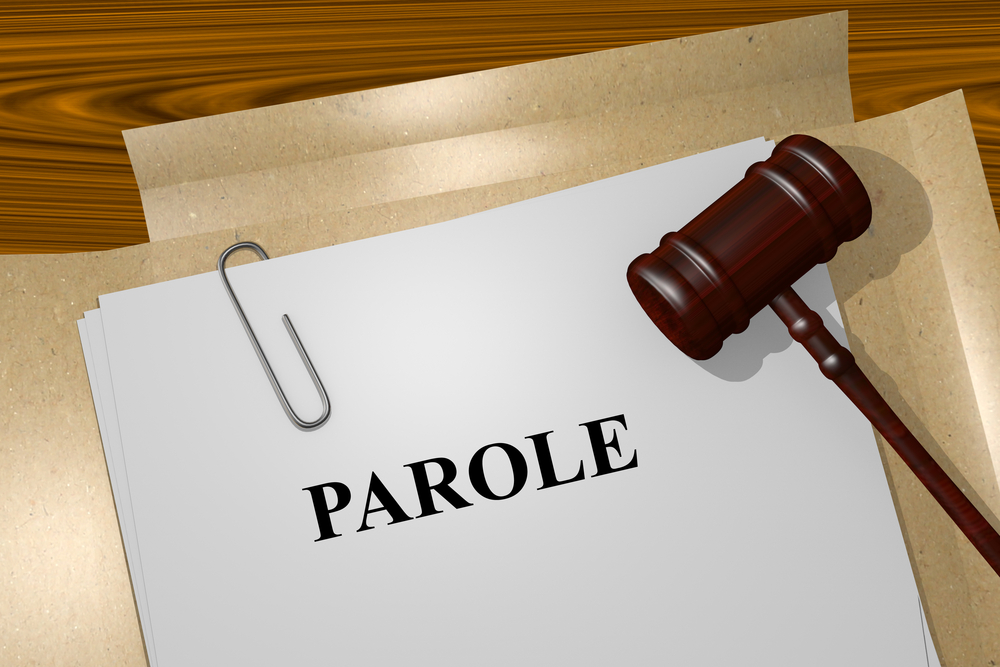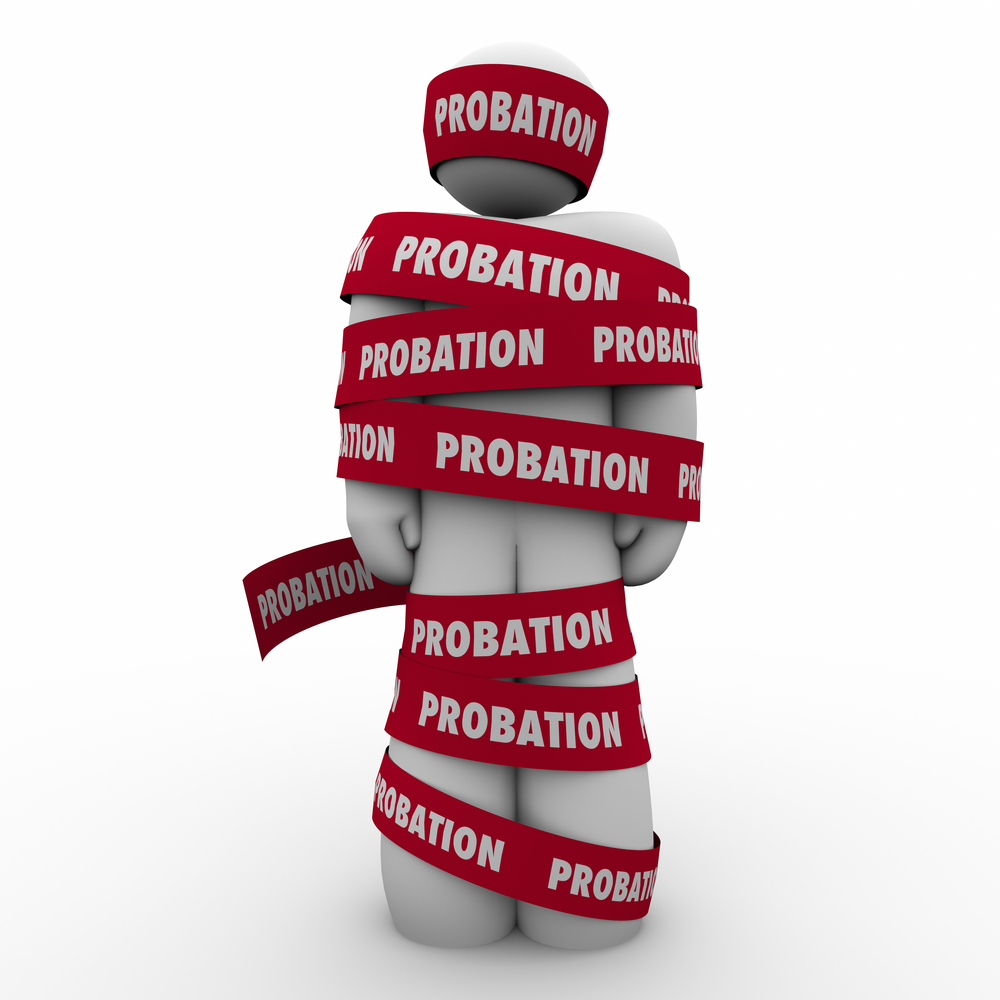
When it comes to the American criminal justice system, there are a lot of different terms and phrases that get thrown around. And if you’re not familiar with them, it can be tough to keep everything straight. Two terms that often get confused are “parole” and “probation.” So what exactly is the difference between the two?
In the following article, we’ll examine how to differentiate parole from probation. If you or your loved one is wondering if you’re in violation of probation in CT, read on to learn more.
What are the differences between parole and probation?
Although there are distinctions between probation and parole, both of them require the convict to adhere to various conditions while they are still serving their sentence. The requirements for staying out of prison by abiding by parole or probation conditions are quite similar.
- Parole is a form of early release from prison. In order to be eligible for parole, an inmate must serve a portion of their sentence. The length of time an inmate must serve varies from state to state, but it is typically around 85% of the sentence.
- Probation, on the other hand, is a form of sentence that does not involve any prison time. Instead, the offender is sentenced to a period of probation, during which they must follow certain rules and regulations. If they violate the terms of their probation, they may be sent to jail or prison.
So what are some of the main differences between parole and probation? For starters, parole is only an option for inmates who have already served part of their sentence. Probation, on the other hand, can be given as a sentence from the start. Additionally, parolees are typically required to check in with a parole officer and follow certain rules and regulations. Probationers also usually have to check in with a probation officer, but they may have fewer restrictions than those on parole.
Overall, the main difference between parole and probation is that parole is a form of early release from prison while probation is a form of sentence that does not involve any prison time. While both terms are often used interchangeably, it’s important to understand the distinction between the two.
What are the different types of parole in Connecticut?
In Connecticut, there are two kinds of paroles: Special Parole and Standard Parole. They differ in terms of how they function and are imposed.
Special Parole
This is a form of parole that is part of the defendant’s original sentence. A court might, for example, sentence a defendant to five years in prison and two years on Special Parole. After serving the initial sentence of five years, the convicted person will be released from prison and placed under the supervision of a parole officer for two additional years. If terms of special parole are violated, defendants have very limited rights. If the parole officer has reasonable cause to believe the parolee has violated Special Parole, they can return them to prison without giving them a hearing to contest the violation. Special Parole is most often given to defendants who have disobeyed probation multiple times in the past, which indicates that they likely will not cooperate with supervision.
Standard Parole

This type of parole, on the other hand, is not part of an original sentence but in fact, a type of early release from prison. For example, if a person is sentenced to prison time, they may be eligible for early release based on good conduct while in jail. If they are released early, they will continue to be under the supervision of a parole officer, and the terms of their parole will be decided by the Parole Board. If the convicted person is alleged to have violated the conditions of parole, the Parole Board will hold a hearing to consider the evidence of the violation. If the Board concludes that they have broken their parole, the defendant may be sentenced to prison to serve a part, or the entire rest, of their original sentence.
Who can I turn to if I violate my probation in CT?
If you’ve violated your probation, our bail bond agency can help you get back on track. We’ll work with you to create a plan to ensure that you comply with the terms of your probation and avoid further violations. We’ll also help you keep track of appointments and deadlines and connect you with resources to help you succeed. Our goal is to help you stay out of jail and get back on track with your life. Whether you’re in Fairfield County or anywhere in the state, call us today to learn more about how we can help you.
